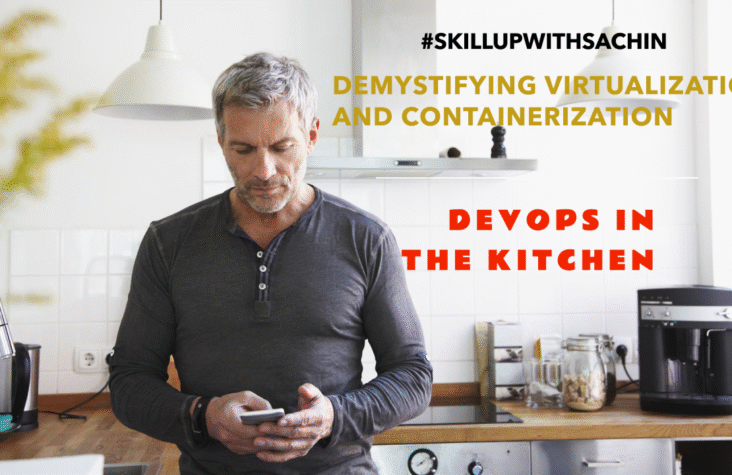DevOps in the Kitchen: Demystifying Virtualisation and Containerisation with DevOps
In today’s fast-paced tech world, terms like virtualization and containerization are often thrown around. Understanding these concepts can be complex, but analogies can make them easier to grasp. Let’s dive into these essential technologies using …

